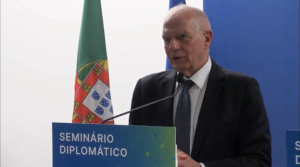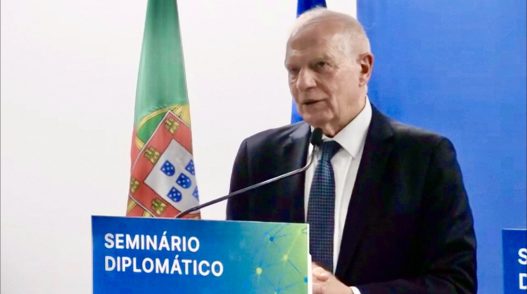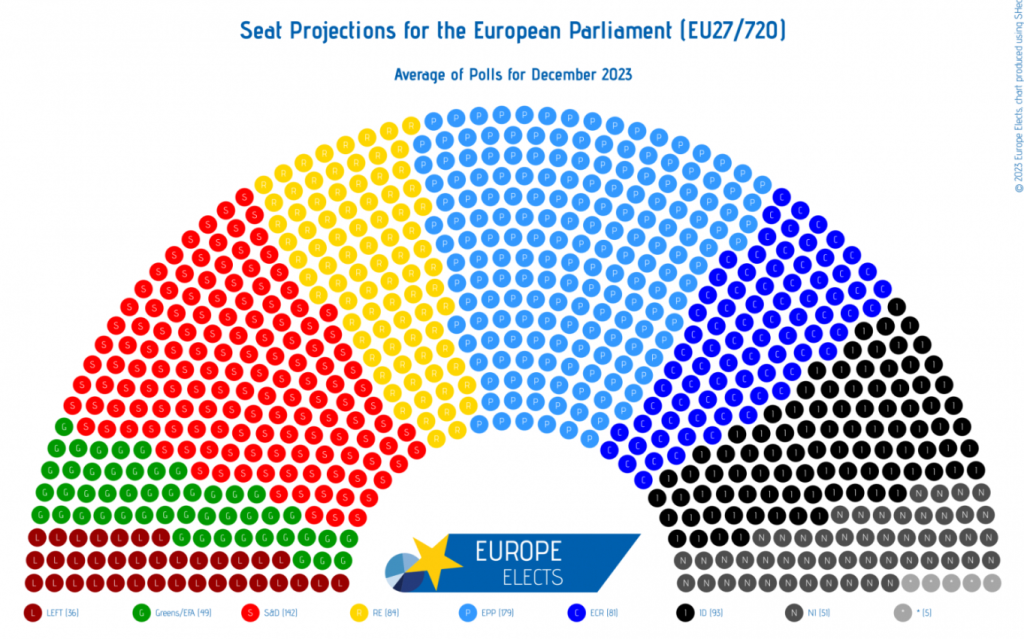
SOLUTION TO THE ISRAEL-HAMAS CONFLICT MUST BE 'IMPOSED' BY THE INTERNATIONAL COMMUNITY
By Julio Garcia
The European Union (EU) High Representative for Common Foreign and Security Policy, Josep Borrell, has defended the proposal of a solution “imposed” by the international community to the Israeli-Palestinian conflict, as he considers both parties incapable of reaching an agreement.
During his speech at a diplomatic event in Lisbon organized by the Portuguese Ministry of Foreign Affairs, Borrell stated that “what we have learned from these 30 years is that the solution has to be imposed from the outside, from an international community, because the two parties will never be able to reach an agreement”.
According to him, the EU member states must unify their position on the conflict and join in a proposed solution together with the rest of the international community.
The High Representative recalled that days before the Hamas attack against Israel, the US security advisor, Jake Sullivan, had described the situation in the Middle East as the “calmest” of the last two decades, which for Borrell shows that “we were living in an illusion”.
In addition, Borrell stressed that the two-state solution is a mantra that has been repeated repeatedly, but has not become a reality, so he recalled that if Israel and Palestine confront each other over the same land, the best solution is that they share it or that one of them disappears”.
In this sense, he clarified that in order to move forward with this second proposed solution, external intervention will be necessary. “Peace can only be achieved in a lasting way if the international community is dramatically involved in achieving it and imposes a solution,” he concluded.
—-
This article was originally published in Aquí Europa, with whose permission we reproduce it.



